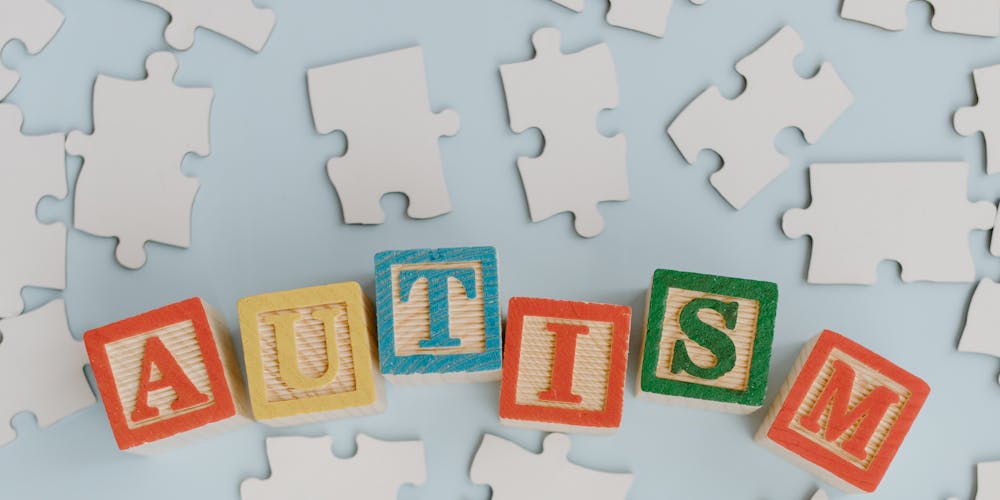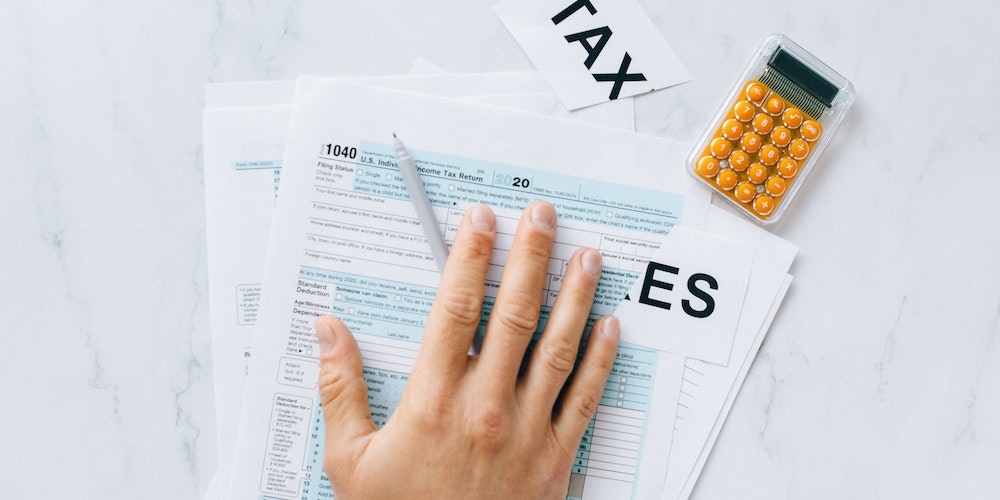If you have a disability that prevents you from working and earning an income as you normally would, you may already receive or be eligible to apply for Social Security disability benefits. These benefits can be very helpful in reducing financial stress and can help to ensure that you can continue to provide for yourself and those you love.
If you rely on these benefits or plan to apply for them, you will likely want to know when you will receive those payments. It’s an important and understandable question to ask. Let’s take a closer look at the various options and payment schedules together.
What Types of Benefits Are Available?
The Social Security Administration offers two different types of benefits to disabled individuals. These include Social Security Disability Insurance (SSDI) and Supplemental Security Income (SSI) benefits.
In order to receive SSDI benefits, an individual must be able to establish that they have a qualifying medical disability which has rendered them unable to work for one continuous calendar year or more. They must also be able to establish that they are “insured.” The Social Security Administration considers an individual “insured” if they worked a qualifying job for a sufficient length of time through which they regularly paid a portion of their salary into the Social Security system.
In order to receive SSI benefits, as is the case with SSDI benefits, an individual must be able to establish that they have a qualifying medical disability that has rendered them unable to work for one continuous calendar year or more. Unlike the case with SSDI benefits, however, an individual need not be insured to receive SSI benefits. They do, however, need to have income and resources below a certain limit established by the Social Security Administration.
Another difference between SSDI and SSI benefits is the date they are paid each month.
When are Payments Made Each Month?
Those who receive SSI benefits can usually expect that those benefits will be paid on the first day of each month. In cases where the first of the month falls on a weekend, then SSI benefits will typically be paid on the Friday before the first of the month.
For SSDI benefits, in cases where the beneficiary began receiving benefits prior to 1997, SSDI benefits are usually paid on the third of the month. For those who began receiving benefits after 1997, however, benefits are typically paid based on the beneficiary’s birthdate.
SSDI payments are typically made based on birthdate as follows:
- 1st through the 10th of the month: Payment is made on the second Wednesday.
- 11th to 20th of the month: Payment is made on the third Wednesday.
- 21st through 31st month: Payment is made on the fourth Wednesday.
Using these guidelines, SSDI payments for the year 2024 will generally be paid as follows:
| MONTH | BIRTHDATE BETWEEN 1ST AND 10TH | BIRTHDATE BETWEEN 11TH AND 20TH | BIRTHDATE BETWEEN 21ST AND 31ST |
| January | 01-Oct | Jan-17 | Jan-24 |
| February | Feb-14 | Feb-21 | Feb-28 |
| March | Mar-13 | Mar-20 | Mar-27 |
| April | 04-Oct | Apr-17 | Apr-24 |
| May | 05-Aug | May-15 | May-22 |
| June | 06-Dec | Jun-18 | Jun-26 |
| July | 07-Oct | Jul-17 | Jul-24 |
| August | Aug-14 | Aug-21 | Aug-28 |
| September | 09-Nov | Sep-18 | Sep-25 |
| October | 10-Sep | Oct-16 | Oct-23 |
| November | Nov-13 | Nov-20 | Nov-27 |
| December | 12-Nov | 12-Aug | Dec-24 |
It’s also important to remember that if you receive benefits on the basis of someone else’s work record (a spouse or other family member, for example), your payment will be made based on that person’s birthdate instead of yours.
How Will You Receive the Payment?
This is another commonly asked and completely understandable question. For many years, the Social Security Administration placed checks in the mail, which was the most common way beneficiaries received their payments. This is no longer the case.

Today, most beneficiaries opt to receive their payments via direct deposit. These payments can include a traditional direct deposit into a designated bank account or the “Direct Express” option. Beneficiaries who choose the “Direct Express” payment method receive a debit card, onto which monthly benefits are deposited.
Ultimately, whatever payment method you choose and however your benefits are received, the important thing is that you continue to ensure that you fully assert your rights and protect your interests and that you continue to receive the benefits you need and deserve. At Liner Legal, we’re here for you.
Liner Legal – Here For You
At Liner Legal, we know the critical role that disability benefits play in the lives of our clients. We know that these benefits are often an essential source of financial support when you’re unable to work and earn an income as you normally would. That’s why we’re here to help. We know and understand every aspect of the law concerning disability benefits, and we’ll always pursue the best legal strategies on your behalf. We’ll be there each step of the way to help you fight for the benefits you need and deserve. If you’re ready to get started, there’s no day like today. We look forward to speaking to you soon.







